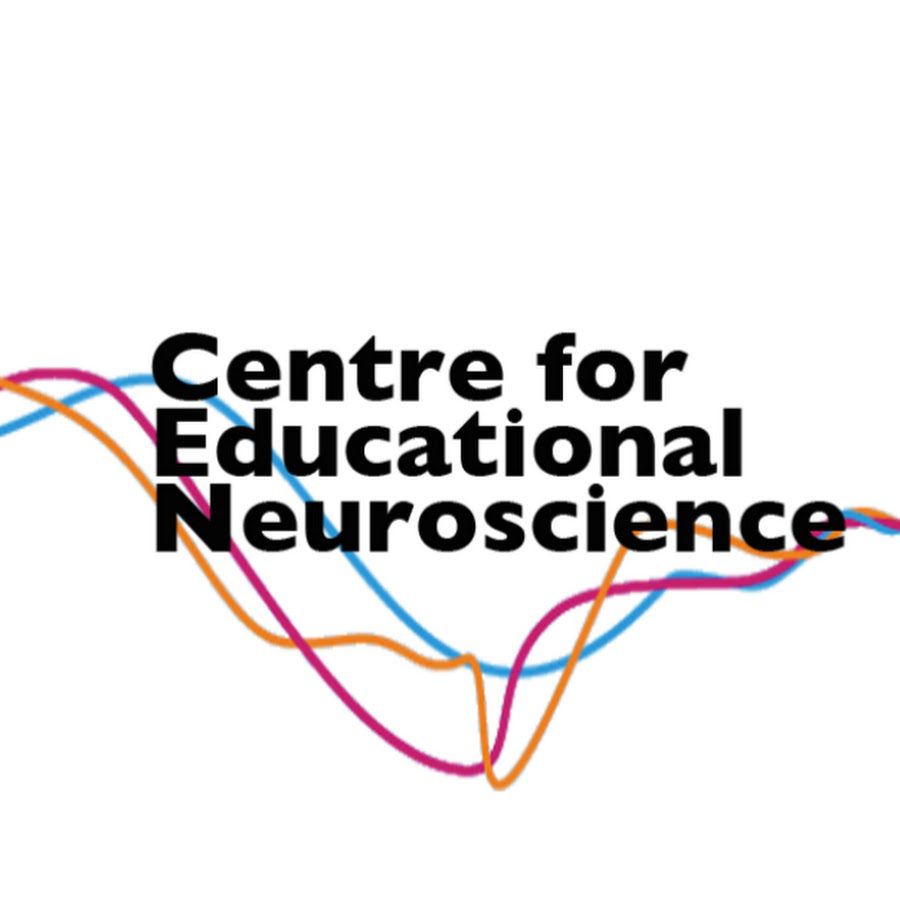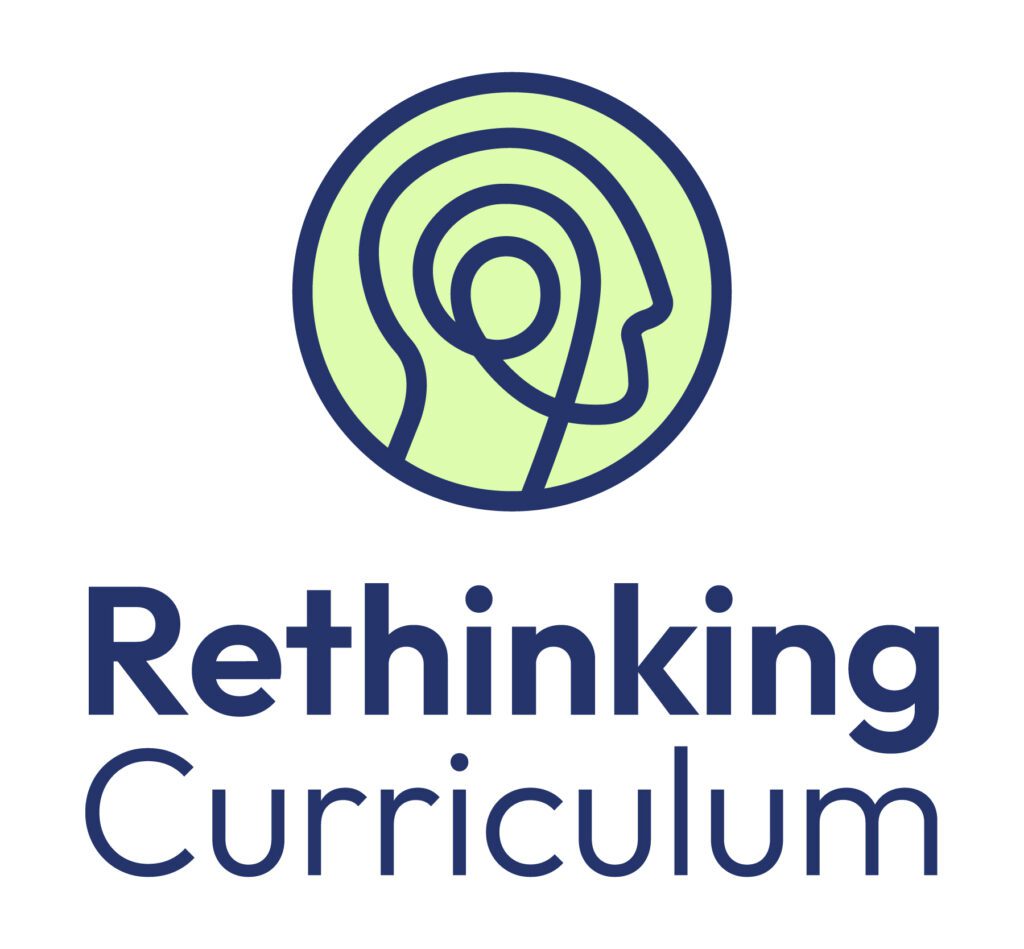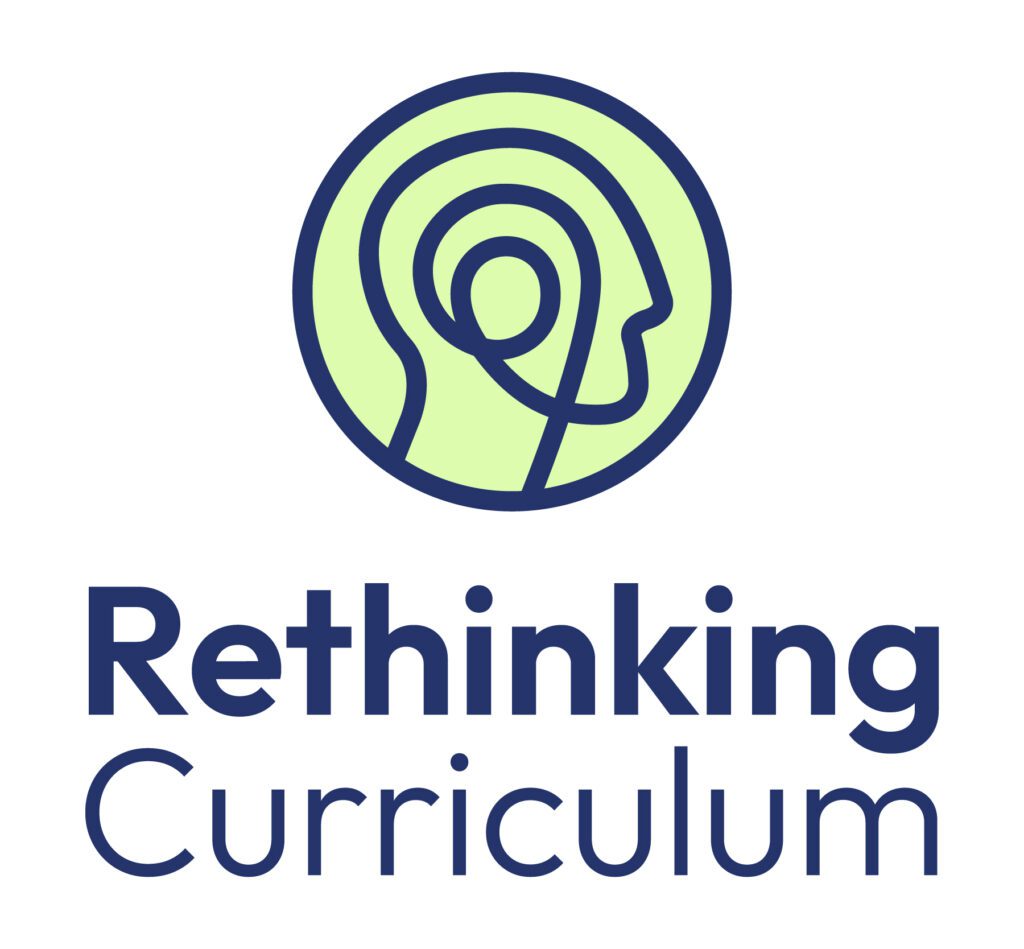How can deep learning inform theory in psychological science?

This session will be led by Dr Roman Feiman (Brown University). This webinar will delve into the evolving role of Large Language Models (LLMs) in cognitive science. Once dismissed as inadequate representations of human thought, modern LLMs now exhibit reasoning abilities that were unimaginable decades ago, reigniting debates about their potential as models of cognition. […]
Validation and Reliability of an Early Number Knowledge Scale in Italian Preschool Children

In this webinar, Dr Francesco Sella (Loughborough University) will talk about the development and validation of an early numeracy scale designed to assess key numerical skills in preschool children. The scale includes eight tasks: Dots Comparison, Highest Count, Give a Number, Set Transformation, Number Naming, Number Comparison, Number Sequence, and Arithmetic. A sample of 675 […]
Reasoning to Learn & Learning to Reason

Relational thinking, or the ability to reason about relationships between mental representations, is a cornerstone of reasoning and decision-making. In this talk, Professor Silvia Bunge will make the case that relational thinking should be considered an executive function, and will provide evidence that it supports math achievement. She will then discuss neural underpinnings of the […]
Rethinking Curriculum – Creating the Happiest, Healthiest Schools in the World

Well Schools is a movement of schools and trusts taking positive action to improve education outcomes by supporting the health and happiness of their staff and pupils. A Well School still has high expectations, but places just as much emphasis on health and wellbeing as it does on academic performance. It understands that children and […]
Are teenagers prepared for their careers? The world’s biggest ever global survey raises serious concerns

In this interactive webinar, the OECD will unveil new data about which jobs young people want and unpack why those job aspirations often fail to recognise the realities of the labour market. This is the largest ever study on the job ambitions of 15-year-olds, speaking to 700,000 students in 80 countries and economies. You will […]
Practical Strategies for Violence Reduction & Positive Behaviour in Schools

Equipping Teachers in Mainstream, PRUs, and Alternative Provisions to Foster Purpose and Safer School Environments. This webinar, presented by Life Lessons in partnership with the London VRU, offers practical, evidence-based strategies for secondary school teachers across mainstream, pupil referral units (PRUs), and alternative provisions to address violence, improve student behaviour, and cultivate a sense of […]
Children’s Agency in the National Curriculum: The Promise of Structured Freedom

This event is presented by Helen Hamlyn Centre for Pedagogy. An international seminar and book launch including new research on how children’s voices and choices shape their learning. There are two parts to this event – Hybrid international seminar (4:45pm-5:45pm BST) – In-person book launch event (5:45pm-6:30pm BST) If you are attending in person, tickets […]
Understanding Research Evidence in Education: What Counts as Evidence and how to get evidence into use

This workshop will discuss different types of research designs and the kinds of evidence they generate for different purposes. The team will demonstrate how policymakers and practitioners can use a simple framework to judge if any kind of evidence is trustworthy. This is the first step in understanding evidence. The team will also illustrate how […]
Dan Wuori – The Early Years & School Success

Known the world over for his daily child development lessons on social media, Dr. Wuori will explore common misconceptions about the early years and make the case for why our experiences during early childhood influence our success – not only in school – but for a lifetime. This interactive session, featuring education from as early […]
A Look Inside- Impact Special Edition: Safe and Effective Use of AI in Education

As part of the DfE-supported special edition of Impact on the safe and effective use of AI in education we’ll be holding a webinar panel discussion featuring authors from the issue. The issue demonstrates how AI tools are being used in schools and colleges and discusses the benefits, issues and uncertainties surrounding the rapid uptake […]
An Inside Look at Impact Issue 24: Adaptive Teaching and Inclusive Pedagogy

Join us for an inside look at our award-winning Impact publication, exploring Issue 24 (Summer 2025). This issue will focus on building the skills and knowledge to support adaptive teaching that will help all students to access learning. The issue will include discussions of how to foster inclusive learning environments, how to adopt adaptive classroom practices, how […]
Get to Grips with AI: Practical Tips and Tricks for Your School

This 1 hour webinar, hosted by Professor Rose Luckin (UCL/Educate Ventures Research) will inspire you about using AI in your school, college, or university, and you will come away with practical tips to use right now in your school’s AI journey. Renowned for not only her research into the design and evaluation of educational technology and AI, […]
Managing Staff Conduct Issues in Polarised Times

Managing Staff Conduct Issues in Polarised Times For senior school leaders who’ve had to manage: Staff behaviour that breaches trust, but not dismissal thresholds Belief-driven comments that feel inflammatory, unkind or just not OK Communities looking to them for reassurance, clarity and justice What the data is showing us: In 2023–24, the Teaching Regulation Agency […]
‘Adolescence’ and how to address misogyny and toxic masculinity in schools

The TV series ‘Adolescence’ has received a lot of attention on and offline since it first became available to watch. It tells the story of a 13-year-old boy who brutally murders a female classmate and explores important issues including adolescents’ social media use, misogyny and gender stereotypes. Following announcements from the streaming service to make […]
The teaching profession reimagined: Adapting to a changing world

The teaching profession and the environments that support it are evolving. This is forcing education systems to rethink career pathways, strengthen teacher autonomy and find ways to foster a healthy, sustainable work environment. A diverse, flexible profession, that values specialisation, collaboration, and continuous learning, can support teachers and attract new generations. But what does this […]
How to build resilient schools: place-based approaches to supporting teachers and leaders

In this webinar, Toby Greany and Steph Ainsworth will discuss their research into developing place-based approaches to school leadership development and tools that schools can use to improve teacher resilience and retention. An opportunity to reflect on the implications of their emerging findings for education policy and practice will follow, in conversation with Qing Gu, […]
Using AI to Support Student Creativity: What Do We Know So Far?

As AI tools advance, educators and policymakers are grappling with key questions: can these tools be used to support student’s creative thinking, or do they risk limiting skills and independence? In the lead-up to World Creativity and Innovation Day, this webinar will explore whether AI can help learners apply subject knowledge in innovative ways, or […]
Rethinking Curriculum – Electric Umbrella: ‘No Such Thing as Normal’

Creativity and The Arts offer pathways to inclusion across the curriculum. We are delighted to share the work of Electric Umbrella with you and how this is supporting schools to be more inclusive in all they do. Electric Umbrella uses music and real life stories/experiences of its members to unite school communities and ignite vital […]
Get Ofsted Inspection Ready for PSHE and PD

We know how stressful it can be when you get the Ofsted Inspection call. However; it doesn’t need to be like that. This event will centre around being Ofsted ready for PSHE and PD and how both these aspects of your curriculum will ensure you excel in your whole school approach. Also hear from some […]
Drop-In Session: Addressing Themes from “Adolescence”

This CPD event will provide guidance for teachers and schools to feel more confident in supporting conversations and addressing themes that have emerged from the TV programme Adolescence. Teachers will gain insights into the key issues related to online misogyny, the manosphere, and groups like incels, and how these themes have become more prominent. The session […]
